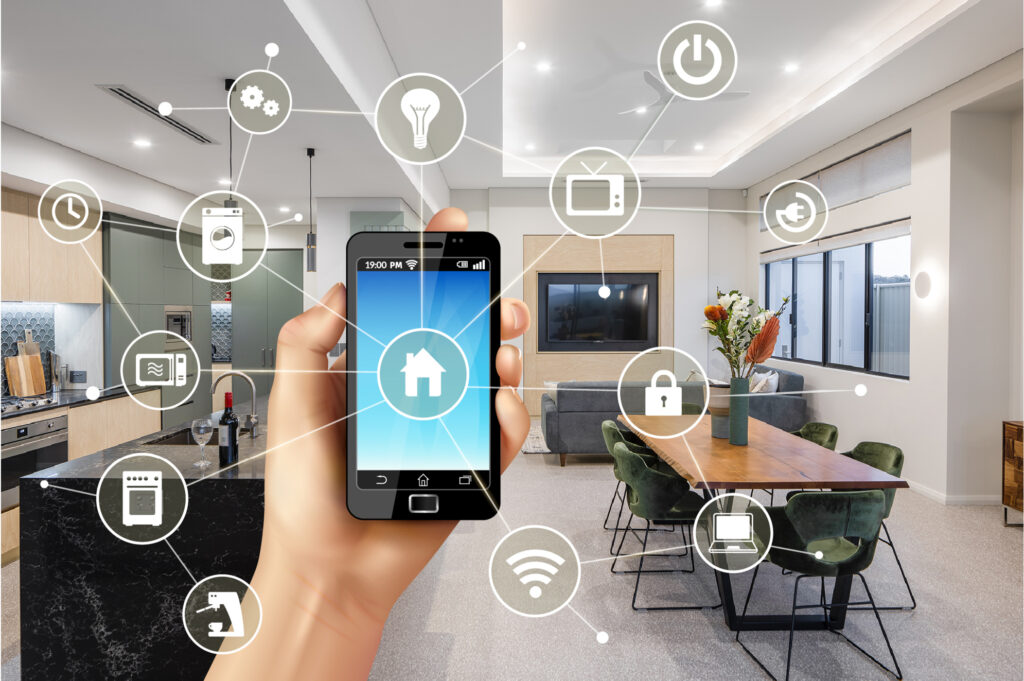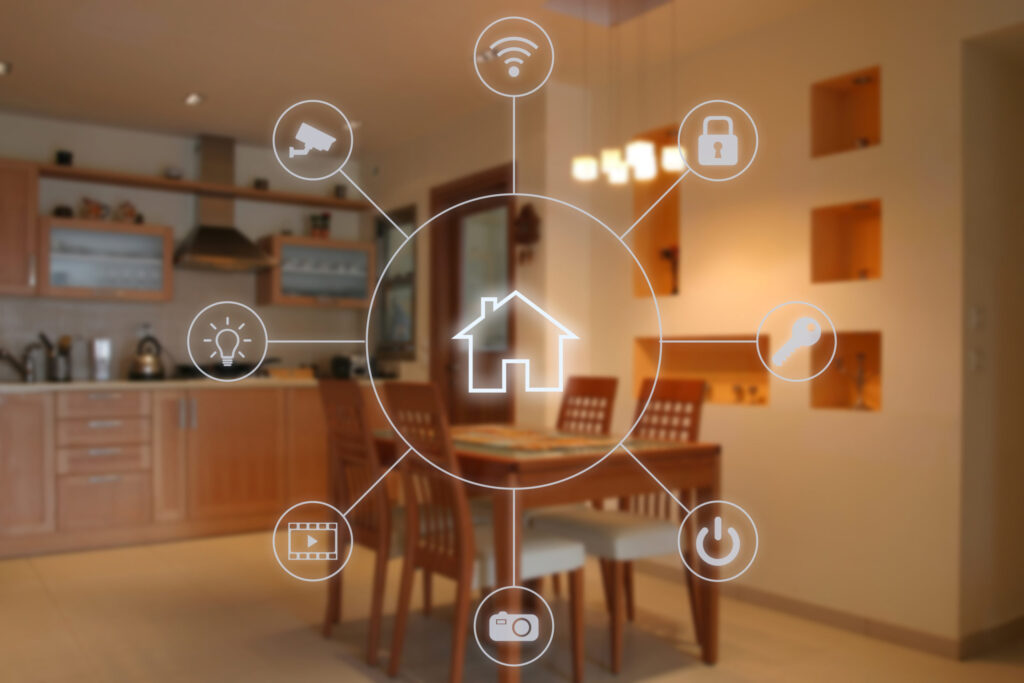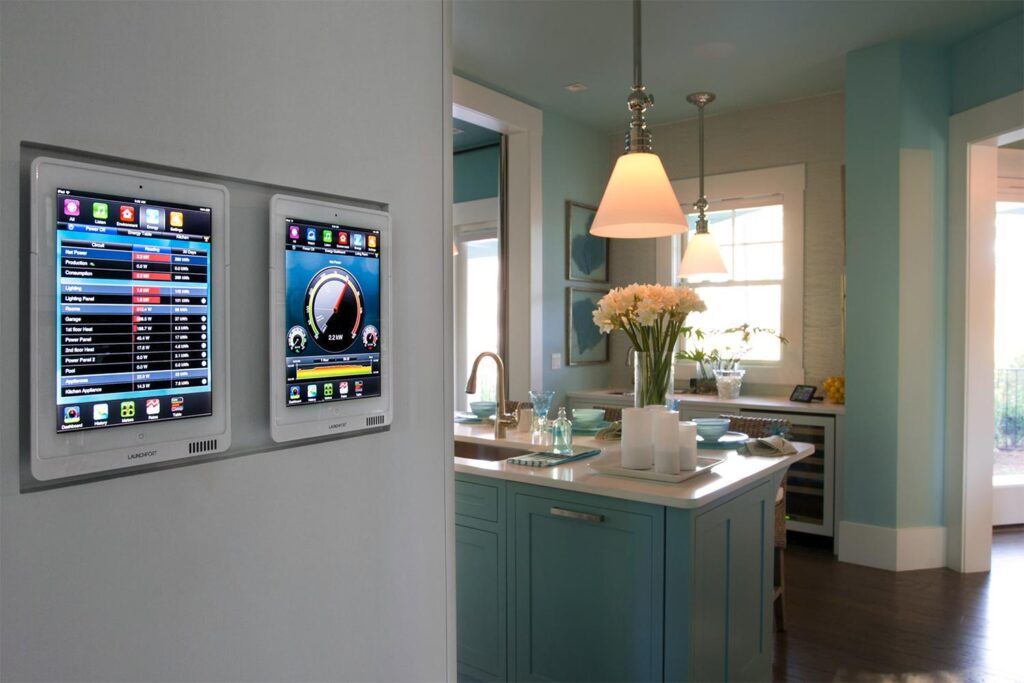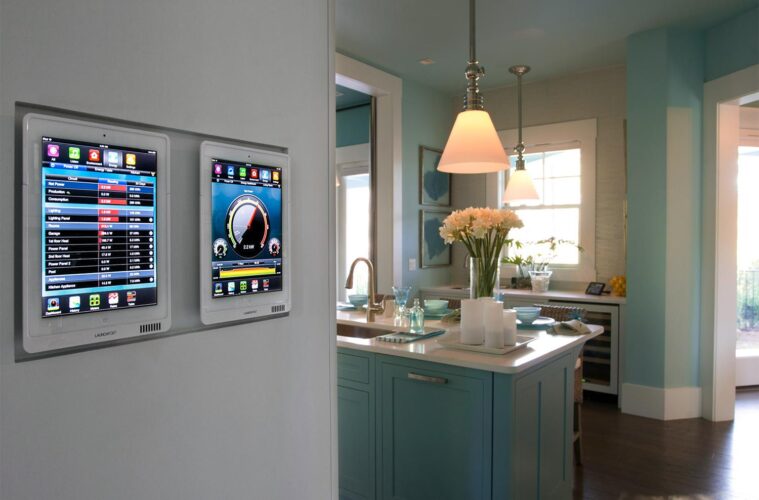Introduction
In the age of digital transformation, smart home technologies are playing an increasingly pivotal role in energy management. Homeowners and residential property managers are constantly seeking solutions that not only enhance comfort and convenience but also optimize energy usage and reduce costs. This article delves into the latest smart home technologies that are reshaping energy management in homes, catering to the needs of environmentally-conscious and cost-aware individuals.
The Rise of Smart Home Technologies
Smart home technologies have evolved from simple automated devices to sophisticated systems that can learn and adapt to the homeowner’s lifestyle. These advancements offer significant benefits in managing and conserving energy, addressing two major concerns for modern homeowners: reducing energy bills and minimizing environmental impact.
Smart Thermostats and HVAC Systems

source: pinterest.com
One of the most impactful smart home technologies is the smart thermostat. These devices learn from the homeowner’s habits and preferences, automatically adjusting the heating and cooling settings to optimize comfort and energy efficiency. Modern HVAC systems integrated with smart thermostats can significantly reduce energy consumption, especially when the home is unoccupied.
Intelligent Lighting Systems
Smart lighting systems are another cornerstone of energy-efficient homes. These systems allow for remote control and scheduling of lights, ensuring that energy is not wasted on unnecessary lighting. Advanced sensors can detect occupancy or natural light levels, adjusting the lighting accordingly. This not only saves energy but also extends the life of lighting fixtures.
Integration and Connectivity in Smart Homes
The power of smart home technologies lies in their ability to be integrated and connected. A centralized smart home system can control various aspects of the home, from lighting and temperature to security and entertainment systems. This integration provides a holistic approach to energy management.
The Role of Distribution Blocks

source: pinterest.com
In the midst of this interconnected environment, even components like power distribution blocks play a crucial role. They provide a reliable and safe way to manage and distribute electricity to various smart devices and systems throughout the home. By ensuring efficient power distribution, these blocks support the seamless operation of the entire smart home ecosystem.
Renewable Energy Integration
Integrating renewable energy sources, such as solar panels, with smart home systems is an emerging trend. This integration allows homeowners to not only consume energy more efficiently but also produce it. Smart home systems can manage the flow of renewable energy, storing excess power or even selling it back to the grid, further enhancing energy efficiency and sustainability.
Overcoming Challenges in Smart Home Energy Management
Despite the benefits, there are challenges in implementing smart home technologies for energy management. The initial cost of installation can be a barrier for some homeowners. However, the long-term savings in energy costs often offset these initial expenses. Another challenge is the complexity of installing and configuring various interconnected devices. Homeowners may require professional assistance to ensure that systems are properly integrated and optimized for energy efficiency.
User-Friendly Interfaces and Accessibility

source: pinterest.com
To address these challenges, manufacturers are focusing on developing user-friendly interfaces and systems that require minimal technical expertise. Making smart home technology accessible and manageable for a broader audience is key to its widespread adoption.
The Future of Smart Home Technologies in Energy Management
Looking ahead, the future of smart home technologies in energy management is bright and full of potential. Advancements in AI and machine learning are expected to further enhance the capability of smart homes to predict and cater to the homeowner’s needs, making energy management more efficient and personalized.
Embracing the Role of Data Analytics in Energy Management
An increasingly important aspect of smart home technologies is the utilization of data analytics for enhanced energy management. Smart systems generate vast amounts of data on energy usage patterns, which can be analyzed to gain deeper insights into energy consumption habits. By leveraging this data, homeowners can identify specific areas where energy usage can be optimized, such as adjusting temperature settings during certain hours or reducing standby power consumption of electronics. This data-driven approach not only contributes to more informed decisions about energy use but also paves the way for future innovations in smart home technology. As a result, homeowners become more empowered in their energy management strategies, leading to smarter, more efficient homes that are in harmony with both their lifestyle and the environment.
Conclusion
Smart home technologies offer an effective solution for managing and conserving energy in residential settings. By integrating systems like smart thermostats, lighting, and renewable energy sources, homeowners can achieve significant energy savings while contributing to environmental sustainability. Despite some challenges, the benefits of an energy-efficient smart home make it a worthwhile investment for the future. As technology continues to evolve, smart home systems will become even more integral to our daily lives, simplifying and enriching our living experience.


